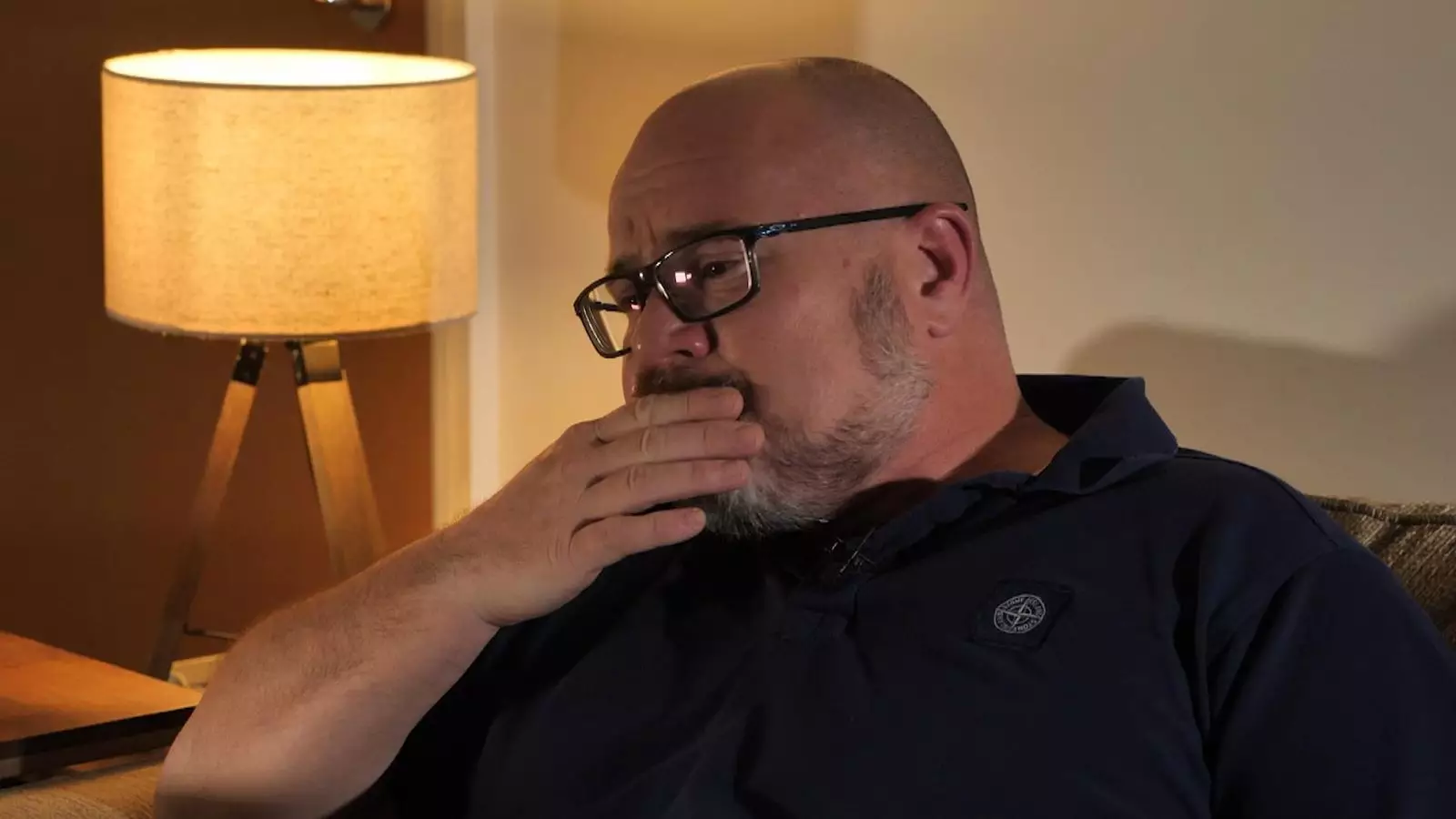In the 1970s and 1980s, a catastrophic breach of medical ethics and practice led to the suffering and death of thousands of individuals in the UK due to contaminated blood products. This scandal is more than a historical misstep; it is a haunting reminder of how systemic failures can lead to human tragedy. Over 3,000 individuals are known to have succumbed to diseases such as HIV and hepatitis C, and their families continue to bear the heavy weight of loss and trauma. In the aftermath of a public inquiry that concluded last year, the establishment of the Infected Blood Compensation Authority (IBCA) was poised to offer a semblance of justice. However, dissatisfaction echoes from the very families it aims to serve.
The anguish of the families affected is palpable, as evidenced by their cries for reform in the existing compensation scheme. Many relatives of victims feel sidelined by bureaucratic limitations that delineate who is eligible for compensation based on restrictive criteria that many find too narrow and exclusionary. A clear example comes from the Tainted Blood – Siblings and Children group, which has voiced its discontent through statements expressing a profound sense of neglect and abandonment by the government. Richard Newton, a member of this group whose brother died of HIV in 1989, articulated a sentiment of being ignored—”swept under the rug”—by an authority that should be proactive in addressing their plight.
The proposed eligibility requirements—limited to siblings who either lived with the infected individual during their illness, served as caretakers, or have a legal claim to the infected person’s property—fail to encompass the diverse familial experiences of loss, grief, and trauma that permeate this community. This narrow definition raises crucial questions about the validity of emotional and psychological suffering that cannot be quantitatively measured by mere living arrangements or caretaking roles.
Richard Newton’s personal narrative underscores the profound impact of losing a sibling to this man-made tragedy. At just 11 years old, Richard was thrust into a whirlwind of bullying and emotional turmoil following his brother’s death, a trauma that would define his adolescence and adult life. His experience reflects a broader narrative: the mental scars carried by the bereaved, who often find themselves navigating complex feelings of loss, betrayal, and isolation. Richard’s subsequent struggles, including a mental health crisis that led to his sectioning under the Mental Health Act, illuminate a critical aspect of this scandal—its far-reaching consequences go beyond the physical deaths of the infected individuals; they seep into the lives of those left behind.
In therapy, Richard has come to realize the long-lasting effects of his brother’s death, grappling with trust issues and overwhelming feelings of abandonment. Such experiences highlight the necessity for a compensation scheme that acknowledges the broader context of grief, ensuring that all family members, regardless of their role during the victim’s illness, are given the opportunity to heal and seek restitution for their suffering.
Legal experts, including Des Collins, who has represented thousands of victims, echo the concerns of affected families. He advocates for a comprehensive reassessment of the compensation regulations to ensure that they account for the diverse circumstances of individuals impacted by the scandal. Much like Richard’s experience, Collins asserts that too many voices remain unaddressed in the current proposal, emphasizing the need for a thorough examination of existing policies to promote inclusivity.
As families grapple with their newfound reality layered with complex grievances, the government has stated its commitment to delivering “life-changing sums” of compensation. However, a mere transfer of funds will not suffice. The emotional and psychological repercussions of the infected blood scandal require a more nuanced approach, one that acknowledges the breadth of suffering and fosters healing for all affected parties.
The demands of the families are not a cry for vengeance but rather a plea for recognition and reform. The conversation must shift from mere compensation to a genuine acknowledgment of the suffering endured. As public discourse continues to evolve around the tragic legacy of the infected blood scandal, stakeholders involved must prioritize the voices of those who lived through this nightmare.
Government officials must strive to engage meaningfully with affected families, ensuring that future compensation schemes reflect their lived realities rather than bureaucratic formalities. The establishment of the IBCA should serve as a platform for rebuilding trust, ensuring it operates transparently and inclusively. Only by doing so can there be a meaningful pathway toward healing and justice for the individuals and families forever altered by this grievous chapter in medical history.

Leave a Reply